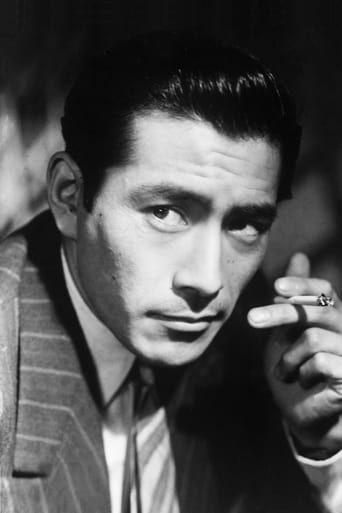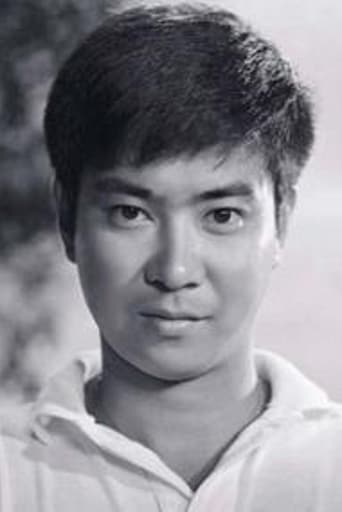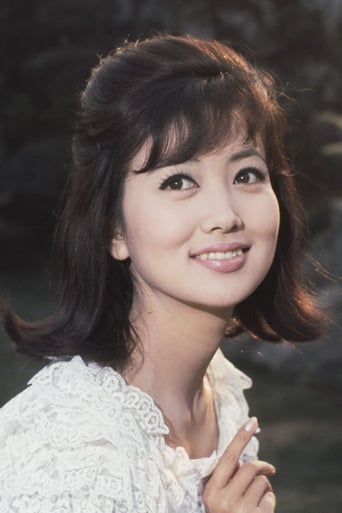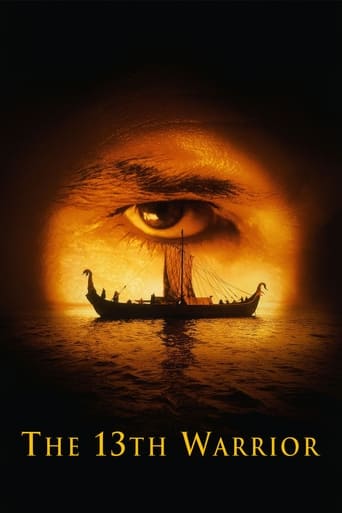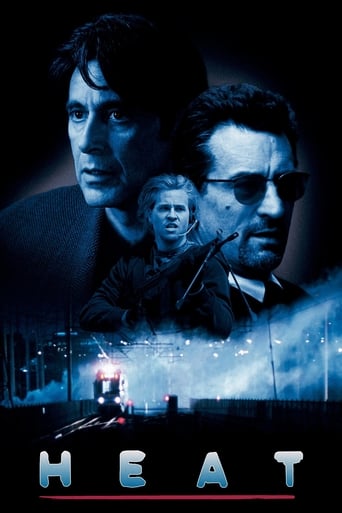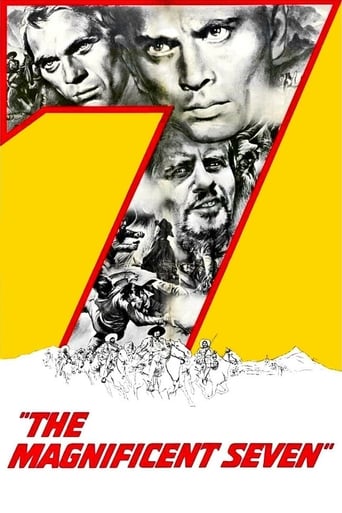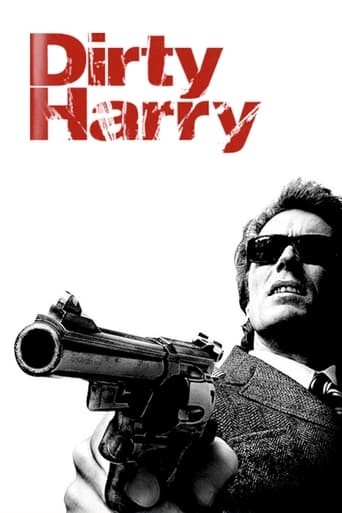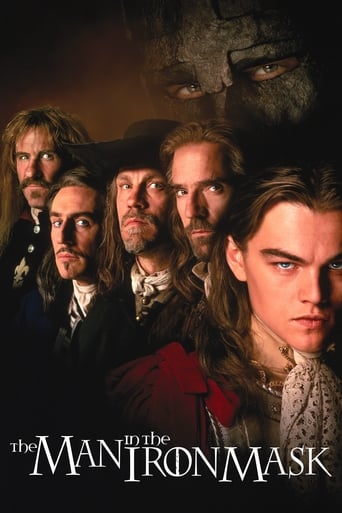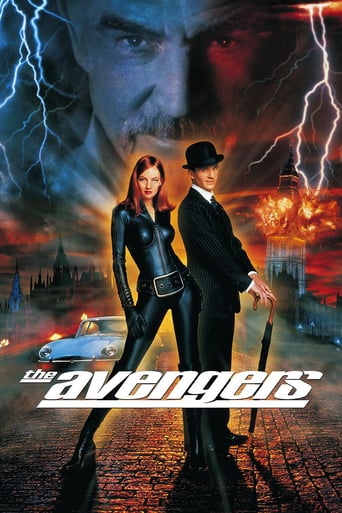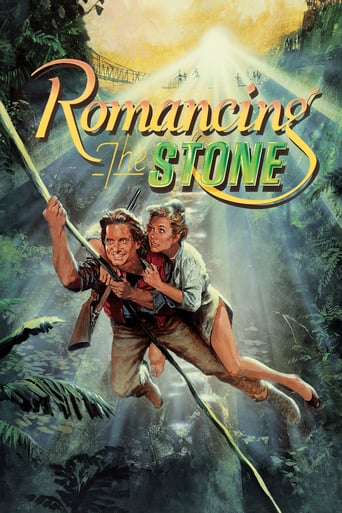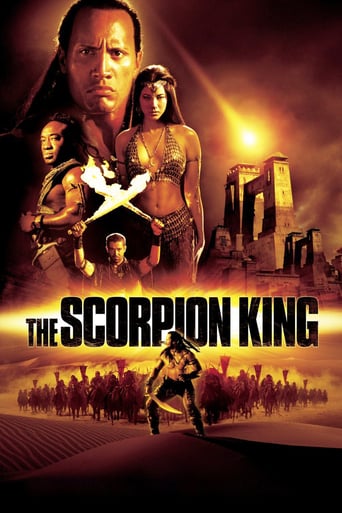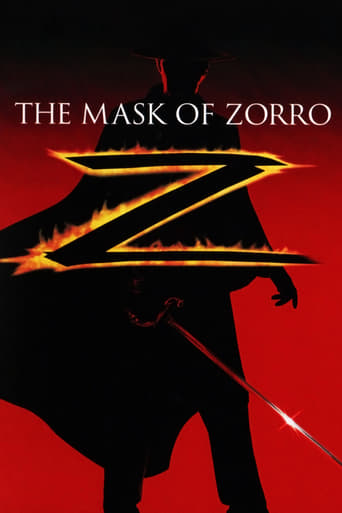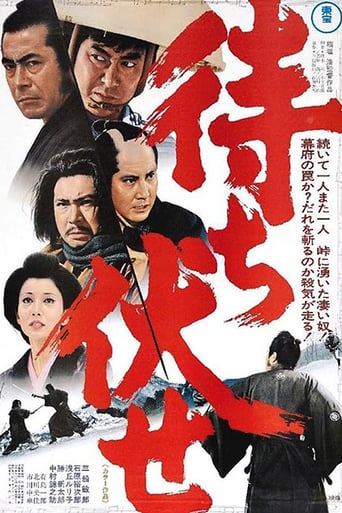
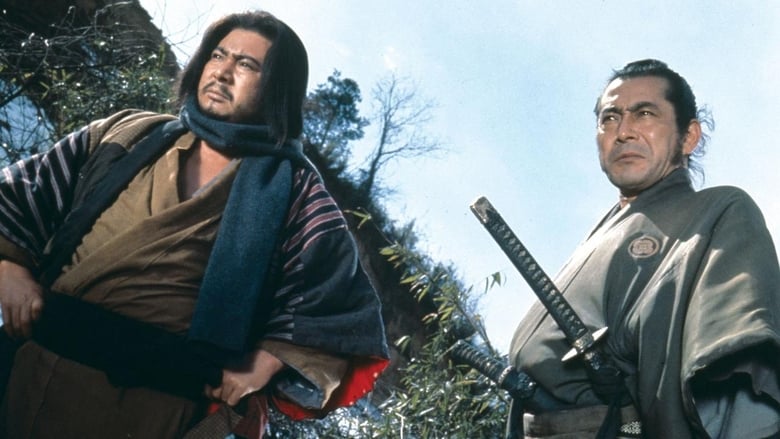
Incident at Blood Pass (1970)
In the Edo period, a nameless ronin accepts an assignment to go to a mountain pass and wait. Near the pass he stops at an inn where a collection of characters gather, including a gang set on stealing shogunate gold that's soon to come over the pass. When the Ronin's assignment becomes clear, to help the gang, he's ordered to kill the inn's residents, including a woman he's rescued from an abusive husband. He's reluctant to murder innocent people; then he learns that the gold shipment is a trap and he's part of a double cross. How he sorts through these divided loyalties tests of his samurai honor, and perhaps of his love for a woman.
Watch Trailer
Cast


Similar titles
Reviews
So much average
This movie was so-so. It had it's moments, but wasn't the greatest.
The plot isn't so bad, but the pace of storytelling is too slow which makes people bored. Certain moments are so obvious and unnecessary for the main plot. I would've fast-forwarded those moments if it was an online streaming. The ending looks like implying a sequel, not sure if this movie will get one
All of these films share one commonality, that being a kind of emotional center that humanizes a cast of monsters.
Like YOJIMBO and SANJURO, INCIDENT AT BLOOD PASS stars Toshiro Mifune as a ronin out to do good (though that's not really made clear until late in the going, which is okay). While the two aforementioned Kurosawa classics offer enough character and situational twists and turns to keep one guessing, INCIDENT AT BLOOD PASS is more linear and, therefore, much less engaging. It DOES boast a decent cast and some minor turns of its own, but it never quite achieves greatness. Of interest to fans of the genre is Shintaro Katsu as a villain. "Zatoichi," makes an excellent villain (he looks like a bearded Sammo Hung and, like Sammo, displays some surprising versatility). Not a bad entry, but not a world-beater, either.
This film is sure to appeal to fans of its famous principle actors Toshiro Mifune (Yojimbo), Katsu Shintaro (Zatoichi) and Yujiro Ishihara (Baby Cart series). The film was the last film in director Hiroshi Inagaki's long career. It will please the fans of the jidai geki (historical period drama) more than the those looking for chambara (sword fighting flick).The film is considered to be the last of four films featuring the 'yojimbo' (bodyguard) character or nameless samurai created for Mifune by Akira Kurosawa. The first two films, "Yojimbo" and "Sanjuro", are classics of the genre and have much more ambitious goals than the film we are considering here. The third film, the weakest offering amongst the the four, was "Zatoichi Meets Yojimbo" directed by Kihatchi Okamoto in which Toshiro Mifune does not really play the same character we are considering here and is a film which fits more comfortably into the chambara category.This film feels much like an extension of the Japanese television 'period drama' of its day which I confess to being somewhat partial to. It is elevated by the star studded cast and their performances however it is limited by a tendency at times toward melodrama, the use of stock genre character types and what appears to be a hastily tacked on ending to provide resolution to one of the major narrative threads. It is the last element which is the most unsatisfactory and the film would probably have been better served without tying up this thread at all rather than handling it in a manner which makes it appear to be a cursory afterthought.Still the film does have much which will satisfy fans of the genre with good performances, an interesting if complex interplay of events and an examination of human behaviour when looking at individuals placed in a high pressure situation. I have heard the film compared to Archie Mayo's "The Petrified Forest" with Leslie Howard and Humphrey Bogart. This is an apt comparison from the standpoint of the situation which the characters find themselves in.For those solely interesting in the action elements: The film does have two interesting scenes of sword play, the first beautiful and brief, the second longer and exciting if somewhat less beautifully choreographed. It also features a ham handed fist fight near the beginning of the film which would make John Wayne appear a well schooled boxer by comparison.But really for those looking for a blood and guts samurai flick you would be much better served by picking up something like "Sword of Doom" or something from the Zatoichi series. This is a film for fans of genre, looking for a rather standard period drama elevated by good performances by Mifune and Katsu.
Treachery, betrayal, romance, and double crossings abound at a small inn at a remote pass in Inagaki Hiroshi's Incident at Blood Pass, a wonderfully constructed and suspenseful chambara classic.Toshiro Mifune reprises his role as a wandering ronin named Yojimbo, sent on a mission to a remote mountain pass named Sanshuu Pass. His instructions are simple he is, "to go to Sanshuu pass where (he) will wait until something happens." Once there, Mifune takes up a short residence at a local inn run by Oyuki and her grandfather. One of the residents at the inn is a doctor named Gentatsu (Katsu Shintaro, in a role that's a considerable departure from his Zatoichi character) who helps the innkeepers with their daily chores. Shortly after Yojimbo arrives, an officer barges in with a prisoner named Tatsu, this event throws into action a series of events which results in more plot twists and turns than a hot bowl of Soba noodles. Mifune and Katsu are excellent as always. Katsu's performance of Gentatsu is deliciously corrupt and ambiguously evil. Mifune is a little more reserved and serious than in Zatoichi Meets Yojimbo(Blood Pass and ZMY, are the only two films that feature both Katsu and Mifune) but is great and plays the role of a ronin like only he can. The ensemble cast is good as well from the grandfather down to Okuni (a woman Mifune saves from an abusive husband earlier on in the film). I particularly liked Kinnosuke Nakamura's power tripping dispatch officer Hiyomi who was as great as he was irritating.Blood Pass also features some beautiful cinematography and a rousing score. There are some beautifully filmed shots of snow capped mountains and foggy forests with a buoyant orchestral score. The film also features percussion music ala a young group of villagers who are in a drum band who frequent the inn. Although Incident at Blood Pass is a samurai film, it's not stuffed with chambara action. Most of the fun of Blood Pass comes from a hostage situation which occurs at the inn about an hour into the film. These segments are suspenseful and well directed, and are just as enjoyable as the free for all swordplay that fills the last ten minutes of the film. Incident is a great film but not without it's faults. The first 40 minutes are paced so slow that it borders on tedium. Katsu's Gentetsu disappears from the film for about a half an hour and is sorely missed. Lastly, the final scene of the film (Don't worry I won't give it away) seems as if it was thrown in at the last second.Bottom Line- Incident at Blood Pass has it's faults but it's strengths clearly outweigh its negatives. Highly recommended for fans of the genre but still a great film by any standards.
firstly, i did enjoy this film and would recommend it. that said i find it to be a peculiar blend. it reminds me of a spaghetti western in many ways. this isn't necessarily bad, just odd. since leone's westerns owe something to the samurai genre maybe we just see some reverse leakage. we don't get the very long peering-into-the-sweating-pores close ups, and the unusual music isn't up to morricone's standards, though it is headed that way, but there is a bridge somewhere in here that the genres have met upon more than once. a further point is that i simply find samurai films done in color to be on the edge of lurid; my own limitation i suppose. lurid can be fun.the other oddness is that i felt part of the time as if i were watching a samurai adaptation of Agatha Christie's poirot working out the personal machinations of another sundry lot bent on the quotidian as some crime or other worked its way toward the surface of the social pool. this, too, is fine, as we seem to like the tried and true plot devices that have satisfied us previously.as i said, i did enjoy the film; it is fun, and i don't want to put anyone off. it will get watched again at this house.


